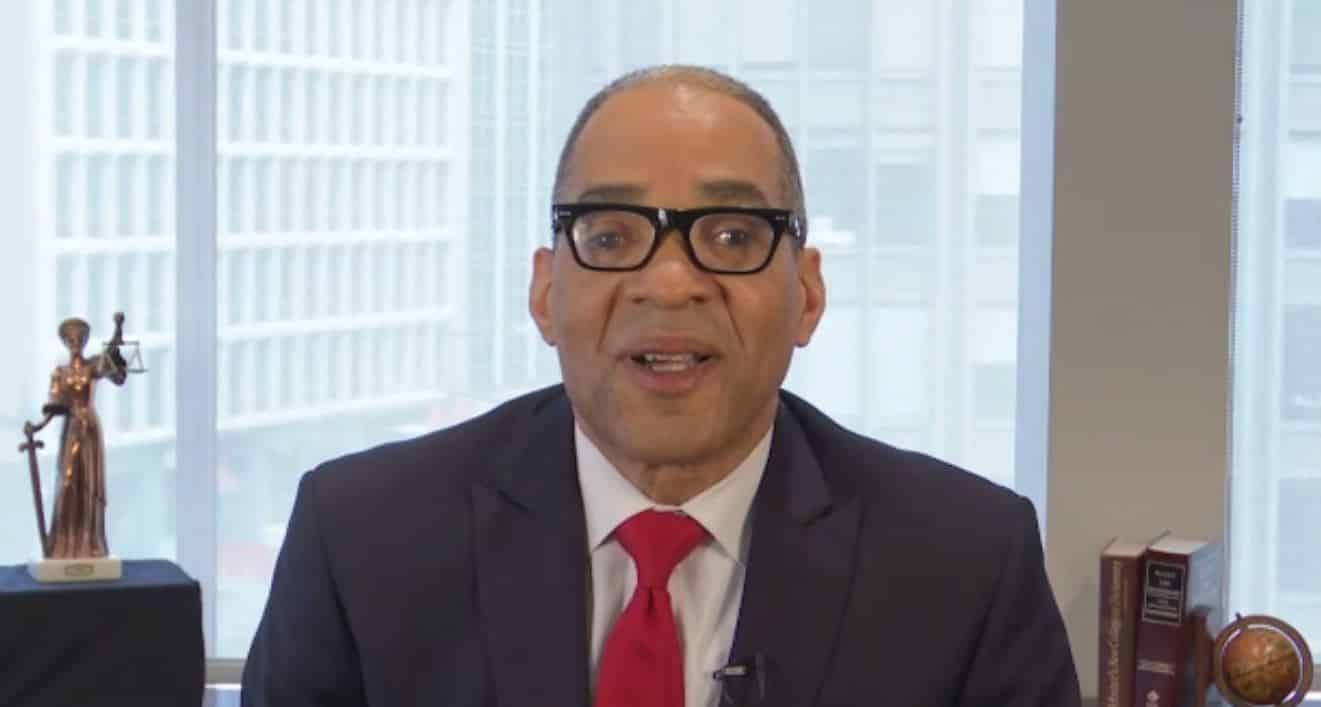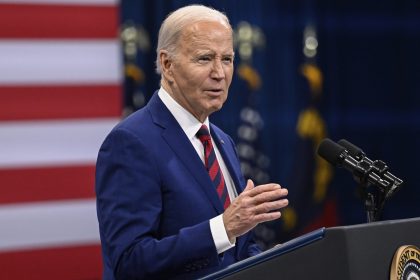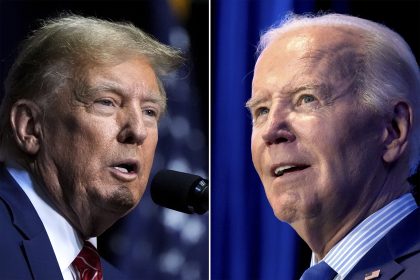Majority of Americans Support Creating Federal Holiday for Voting

WASHINGTON — Roughly two-thirds of Americans support creating a federal holiday for voting, while even larger majorities would like to see more polling stations in their districts and expanded hours to use them, according to a survey released Friday by the American Bar Association.
A majority also supports increasing the number of ballot drop boxes, allowing drive-through voting and allowing same-day voter registration on Election Day.
The association has been conducting an annual civic literacy survey since 2018 as part of its May 1 observance of Law Day, which this year falls on Sunday.
The theme of this year’s survey is “Toward a More Perfect Union: The Constitution in Times of Change.”
“The ABA Civic Literacy Survey results indicate that most of the public believes that voting is a key part of participating in our democracy,” said ABA President Reginald Turner in a written statement.
“Our system of government relies on participation by the people as they exercise the most important of our legal rights — the right to vote in a free and fair election,” he said.
The survey posed questions on voting rights, racial justice and basic civic literacy.
Here are highlights:
On voting the survey found:
- Two-thirds (66%) support creating a federal holiday for voting in federal elections, while only 27% oppose the idea.
- Eighty percent of respondents support expanding the hours at polling stations.
- Seventy-nine percent support increasing the number of polling stations in their district.
- A majority also support increasing the use of ballot drop boxes (59%), allowing drive-through voting (58%) and instituting same-day voter registration on Election Day (55%).
- At the same time, 79% also support requiring individuals to provide some form of ID before voting.
When it came to the question of ease of voting:
- Just over a third of respondents (38%) said their state has enacted laws making it easier to vote since 2020.
- One-fifth (21%) said the state has enacted laws making it harder to vote.
Asked how often they vote, more than half (59%) of the survey participants said “always” and 29% said “most of the time.”
Just one in 10 (10%) said “occasionally” and 2% said never.
Among those who said they vote “always” or “most of the time,” a majority said they do so because “it is my civic responsibility” (68%), “elections matter to the future of the country” (58%) and “I believe my vote makes a difference” (53%). Less than half (42%) said they vote because of “my support of candidates.”
Among those who said they vote “occasionally” or “never,” just under half (42%) said “candidates don’t motivate me” and nearly a third (31%) said “I don’t believe my vote makes a difference.”
Nearly half of those polled (42%) said they have “some” confidence that their vote makes a difference. A third said they have “a lot” of confidence about making a difference and a quarter (25%) said they have “not much” confidence or “no confidence.”
Racial Justice
When it came to the subject of racial bias, a majority (52%) agreed with the statement “The justice system has racial biases built into its rules, procedures and practices.”
A majority of Black people (75%), Hispanic people (54%) and people aged 18 to 34 (63%) agreed. But only 48% of White people and 40% of people aged 65 and older agreed.
As for the rule of law, a majority (55%) agreed with the statement “The nation’s judicial system adheres to the rule of law, under which all individuals are treated equally in the eyes of the law.”
Support was strongest among Hispanic people (61%), White people (59%) and people age 65 and older (65%). It was weakest among Black people (29%) and people aged 18 to 34 (46%).
Civic Knowledge
When it came to more general civic knowledge, 70% knew that the speaker of the House is second in line for the presidency.
In addition, 60% knew that the right to vote is not part of the First Amendment, but from there, things got a little fuzzy.
When it came to obeying the law, 17% incorrectly thought that obeying the law is a responsibility only for U.S. citizens, while 22% incorrectly thought that freedom of speech is a right only for U.S. citizens.
Respondents were also asked to identify the Chief Justice of the United States.
While a clear majority (57%) correctly identified John Roberts as the chief justice, 13% thought it was Clarence Thomas, 9% said Sonia Sotomayor and 8% believed it was Amy Coney Barrett.
Dan can be reached at [email protected] and at https://twitter.com/DanMcCue.






















